Bad Mistake? Why did the 1997 movie, Titanic, let Leonardo DiCaprio die at the end?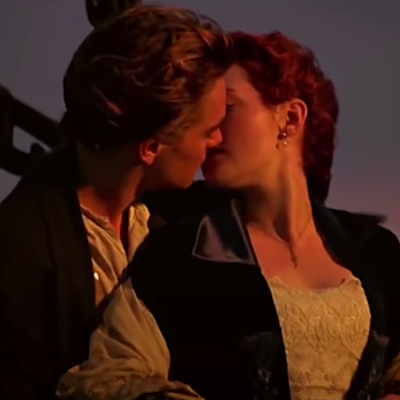 |
 Entertainment
Entertainment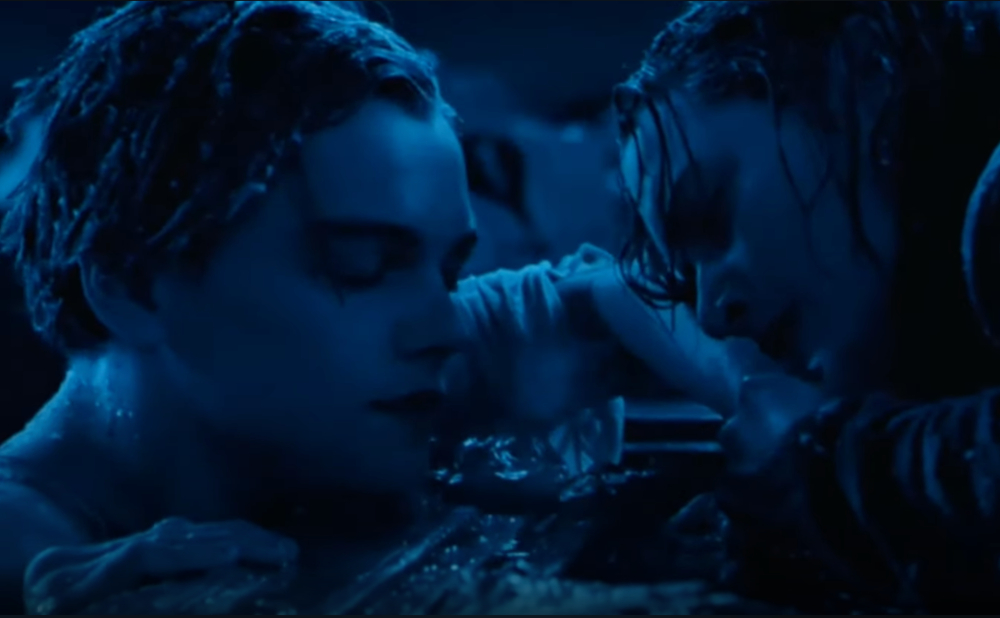
There have been many movies about the sinking of the Titanic, but only three are well known. Besides Titanic 1997, the other two are the 1953 movie, also entitled, Titanic, starring Barbara Stanwyck, Clifton Webb and Robert Wagner, and, A Night to Remember.
The 1953 movie is excellent. It has a deep, heart warming story behind the sinking, but it takes on a different twist from the story of Jack and Rose in Titanic 1997. A Night to Remember revolves mostly around the sinking. It also is an excellent movie. In fact, many things in A Night to Remember are similar to some things seen in Titanic 1997. Many have said that James Cameron got a lot of his inspiration from A Night to Remember.
Both are first rate movies, and are well worth watching.
Titanic 1997 brought Titanic Movies to a new height with its special effects. It used to bug me that Jack died. The love story of Jack and Rose could have made an awesome sequel! Or could it have?
Let's think about this!
The heartbreaking conclusion of "Titanic" sees Jack sacrificing his own life for Rose's. As the ship sinks into the dark abyss of the Atlantic, Jack selflessly ensures Rose's safety by finding her a floating piece of wreckage to cling to. This act of ultimate sacrifice serves as a testament to Jack's character and love for Rose. By letting go, he saves her from certain death.
While it may be difficult to accept Jack's demise, his sacrifice adds emotional depth and intensity to the film. It highlights the tragic nature of the Titanic's sinking and the devastating impact it had on its passengers. Jack's death serves as a poignant reminder of the human cost of the disaster and enhances the film's overall impact.
Tragedy is a powerful storytelling tool and has been used throughout history in literature, theater, and film. It evokes a range of emotions in the audience, such as sadness, empathy, and reflection. In the case of "Titanic," Jack's death creates a profound and lasting impact on viewers.
Had a sequel been made with Jack and Rose surviving, it could have diminished the emotional weight of the original story. The tragedy of their separation in death intensifies the love story and leaves a lasting impression on audiences. It symbolizes the devastating loss experienced by the passengers of the Titanic and the harsh realities of life.
Jack and Rose's love story has captivated audiences around the world since the film's release. Despite the tragic ending, their love has become an iconic symbol of romance and devotion. By preserving their story in its original form, without a sequel, the emotional impact remains intact. Jack's death cements their love as timeless and immortal, an unbreakable bond that transcends even death.
A sequel depicting their life together would risk diluting the magic of their love story. Sometimes, it is better to leave certain stories untouched, allowing them to live on in the hearts and minds of viewers, cherished for the powerful emotions they evoke.
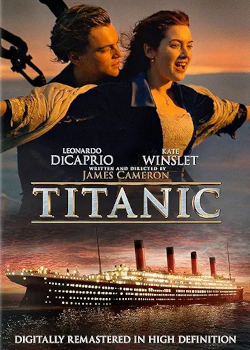
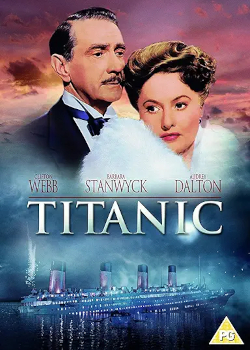
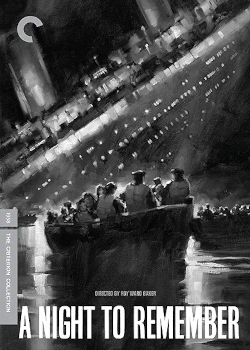
If you have never seen the Titanic movies mentioned in this article, and would like to stream them, you can click on the above images for the movies you would like to see. They are excellent movies and are well worth watching.
The decision to let Leonardo DiCaprio's character, Jack, die at the end of the 1997 movie "Titanic" was a deliberate and impactful choice. His sacrifice adds depth and emotional intensity to the narrative, amplifying the tragedy of the Titanic's sinking. By allowing Jack's death to stand, the film resonates more deeply with audiences and leaves a lasting impression.
Furthermore, preserving Jack and Rose's love story as it is, without a sequel, ensures its immortality and enduring impact. Their forbidden romance has become an iconic symbol of love, capturing the hearts of millions worldwide. Ultimately, the decision to let Jack die at the end of "Titanic" was a creative choice that enhances the film's narrative and solidifies its place in cinematic history.
I hope you enjoyed this article as much as I enjoyed bringing it to you.
Thank you for visiting us. Please visit us again. You are always welcome.
AND:
Remember! At SurfSideSafe, we are here to make your life much better.
Join SurfSideSafeCreating an account with SurfSideSafe is very easy.In a few minutes, you will have the best Social Media experience you have ever had in your life.  |

A calmer, safer, easier place to connect

Creating an account with SurfSideSafe is very easy.
In a few minutes, you will have the best Social Media experience you have ever had in your life.
